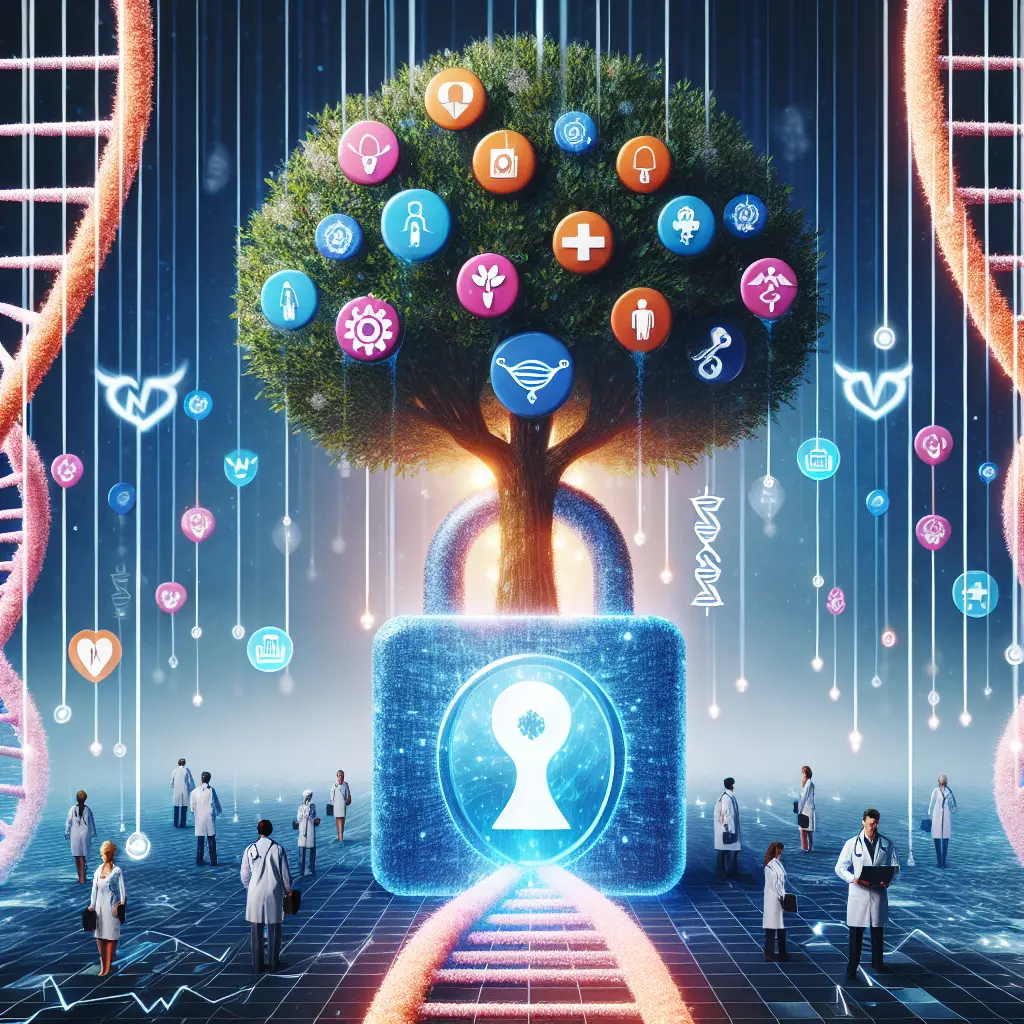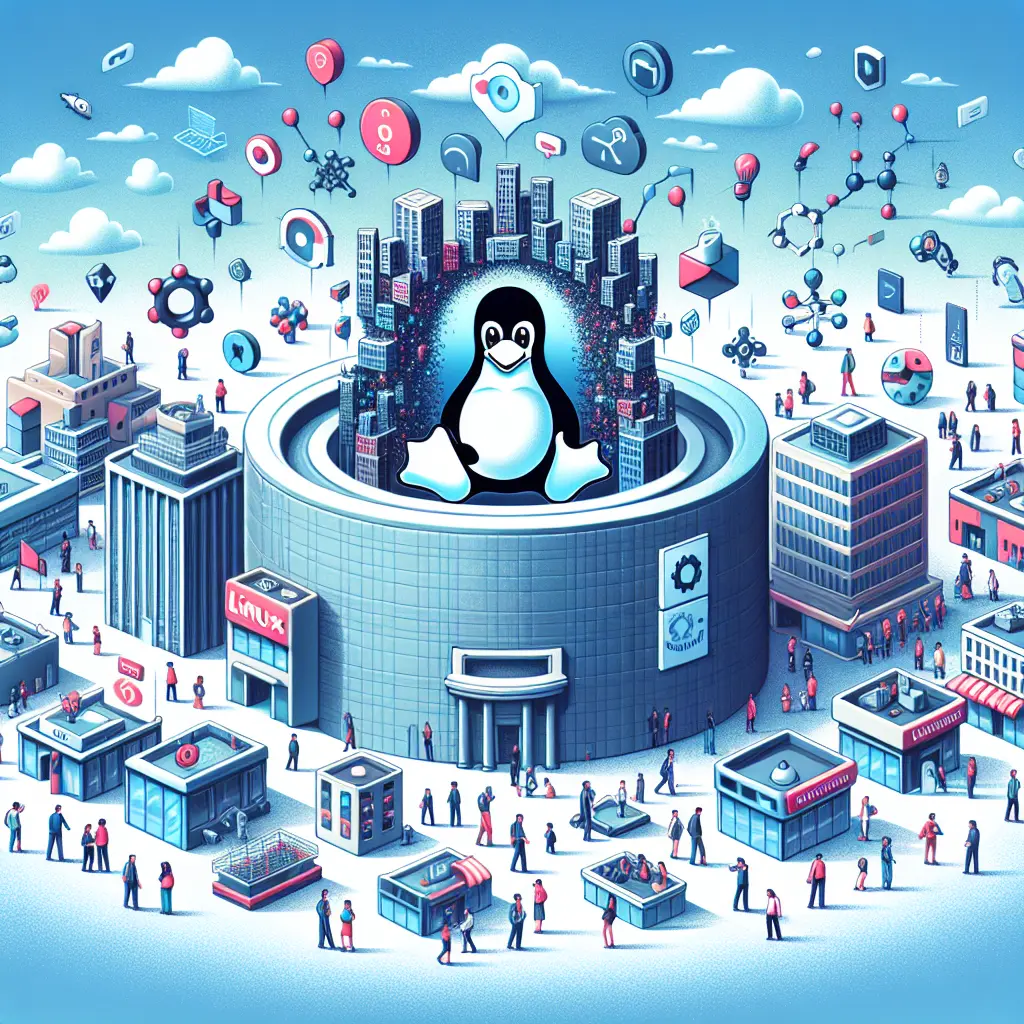In an era where technological advancements are transforming the healthcare landscape, open source software for healthcare is emerging as a powerful catalyst for innovation. As healthcare systems worldwide grapple with challenges of cost, accessibility, and efficiency, healthcare open source projects offer a collaborative approach to developing solutions that are both innovative and cost-effective. The benefits of open source in healthcare are manifold, from reducing costs associated with proprietary software to fostering an environment of shared knowledge and rapid innovation. Open source medical software and solutions are revolutionizing how healthcare professionals manage patient data, streamline operations, and enhance patient care.
Open source healthcare solutions are paving the way for groundbreaking advancements in health IT. From open source EMR systems that provide customizable electronic health records to open source telemedicine platforms that expand access to care, these tools are reshaping the healthcare technology landscape. The community-driven nature of open source software development in healthcare fosters a spirit of collaboration and continuous improvement, enabling the creation of innovative healthcare software solutions that meet the ever-evolving needs of the medical field.
With free and open source healthcare tools at their disposal, healthcare providers can explore new frontiers in patient management and care delivery. The advantages of open source in the medical field are increasingly being recognized as more institutions adopt these technologies to enhance operational efficiency and patient outcomes.
As we delve deeper into this transformative journey, it becomes clear that the future of healthcare lies in collaborative healthcare technology and open source health apps. Let's explore how these innovative solutions are shaping a new era of patient-centered care and efficiency.
In recent years, open source software for healthcare has gained significant momentum, becoming a pivotal force in healthcare innovation. This movement is characterized by its collaborative nature and ability to drive down costs while fostering rapid advancements. As we explore the landscape of healthcare open source projects, it becomes evident that these initiatives offer immense benefits, enabling a revolution in healthcare technology.
Open Source Software for Healthcare Innovation: A Transformative Force
The adoption of open source medical software has surged, driven by a need for more customizable and interoperable solutions in healthcare systems. John Snow Labs, a notable player in the field, recently reported record revenue growth in 2024, largely attributed to the widespread adoption of their healthcare-specific large language models (LLMs). These open source tools are tailored to handle vast amounts of medical data, streamlining processes and enhancing decision-making capabilities for healthcare providers (source).
One of the standout innovations in open source healthcare is the development of open source EMR systems. These systems offer healthcare institutions the flexibility to tailor electronic health records (EHRs) to their specific needs, thus overcoming the limitations of proprietary software. By allowing customization, open source EMR systems enable healthcare providers to improve patient data management and interoperability across different platforms.
Telemedicine has become an integral part of modern healthcare delivery, especially in remote and underserved areas. Open source telemedicine platforms are at the forefront of this transformation, offering scalable and affordable solutions that expand access to care. These platforms facilitate virtual consultations and remote monitoring, thereby improving patient outcomes and reducing the burden on traditional healthcare facilities.
Artificial Intelligence (AI) is increasingly being integrated into open source health IT solutions, driving a new wave of healthcare software innovation. NVIDIA's release of NIM Microservices highlights the potential of AI agents to transform productivity and safety in healthcare applications (source). By leveraging AI, open source projects can enhance diagnostic accuracy, automate routine tasks, and personalize patient care.
Community-Driven Development: A Catalyst for Innovation
The community-driven nature of open source software development in healthcare is crucial for fostering innovation. Developers, researchers, and healthcare professionals collaborate to create innovative healthcare software solutions that address real-world challenges. This collective approach not only accelerates the development process but also ensures that solutions are continuously improved based on user feedback and emerging needs.
The advantages of open source in the medical field are manifold:
By eliminating licensing fees associated with proprietary software, open source solutions reduce operational costs for healthcare institutions.
Open source systems promote seamless integration with existing healthcare infrastructure, facilitating better data exchange and collaboration.
Healthcare providers can modify open source software to meet their specific requirements, enhancing functionality and user experience.
With open source, the code is publicly accessible, allowing for thorough security audits and ensuring transparency.
Case Study: Enhancing Patient Management Systems
A compelling example of open source healthcare innovation is the development of open source patient management systems. These systems streamline administrative processes, reduce paperwork, and improve patient flow within healthcare facilities. By integrating AI capabilities, such as predictive analytics and natural language processing, these systems can anticipate patient needs and optimize resource allocation.
As we look towards the future, collaborative healthcare technology will play a pivotal role in shaping a more efficient and patient-centered healthcare system. The ongoing advancements in open source health apps and platforms will continue to drive innovation, empowering healthcare providers with tools that enhance care delivery and operational efficiency.
Open source software for healthcare represents a paradigm shift in how we approach health IT. By embracing the principles of collaboration and openness, the medical field is poised to achieve breakthroughs that were once deemed impossible. As more institutions recognize the benefits of open source in healthcare, we can anticipate a future where technology truly serves the needs of patients and providers alike.
Thank you for joining us on this journey through the exciting world of open source healthcare technology. Until next time, keep exploring the possibilities that open source holds for a healthier future.






Leave a Comment